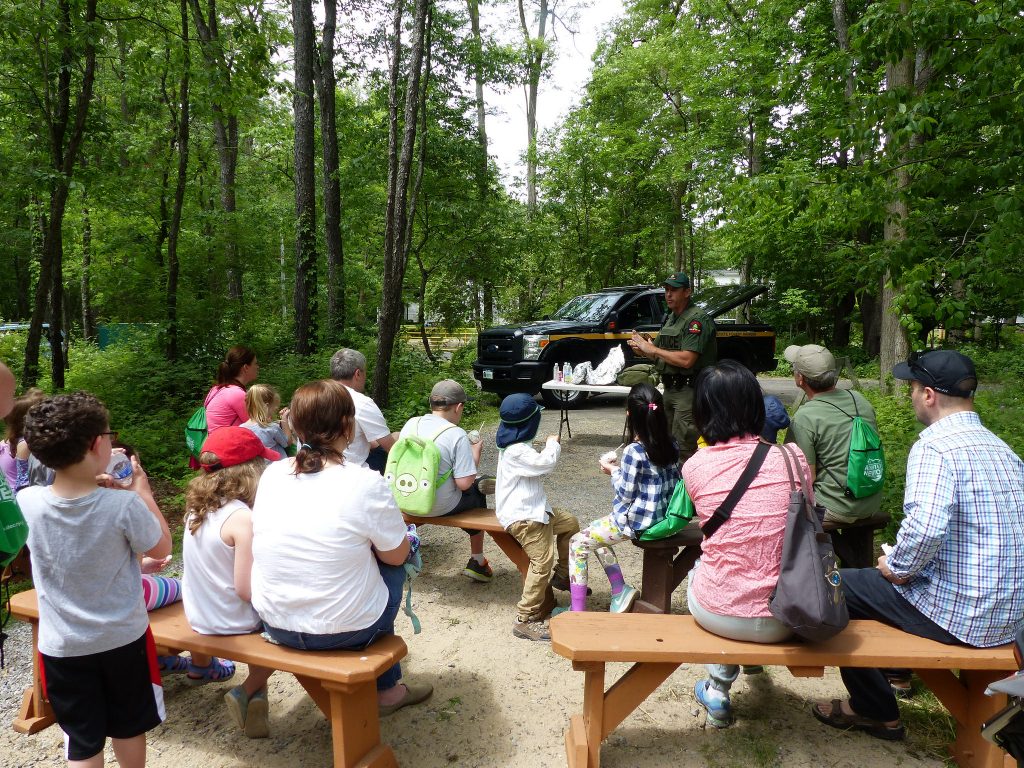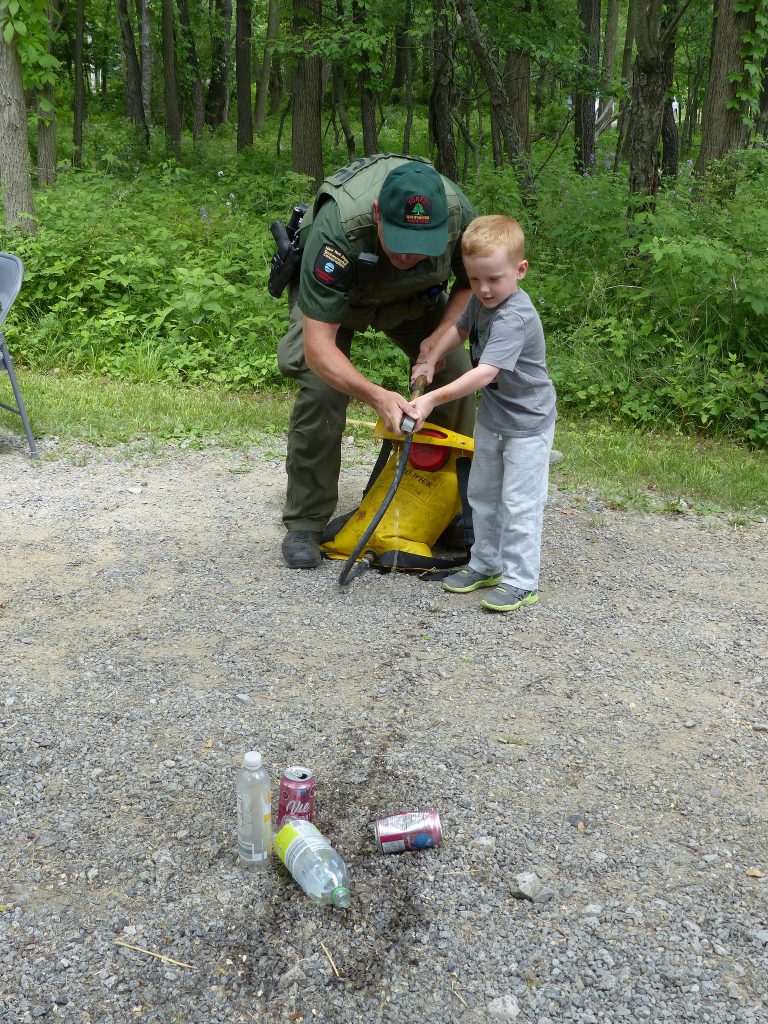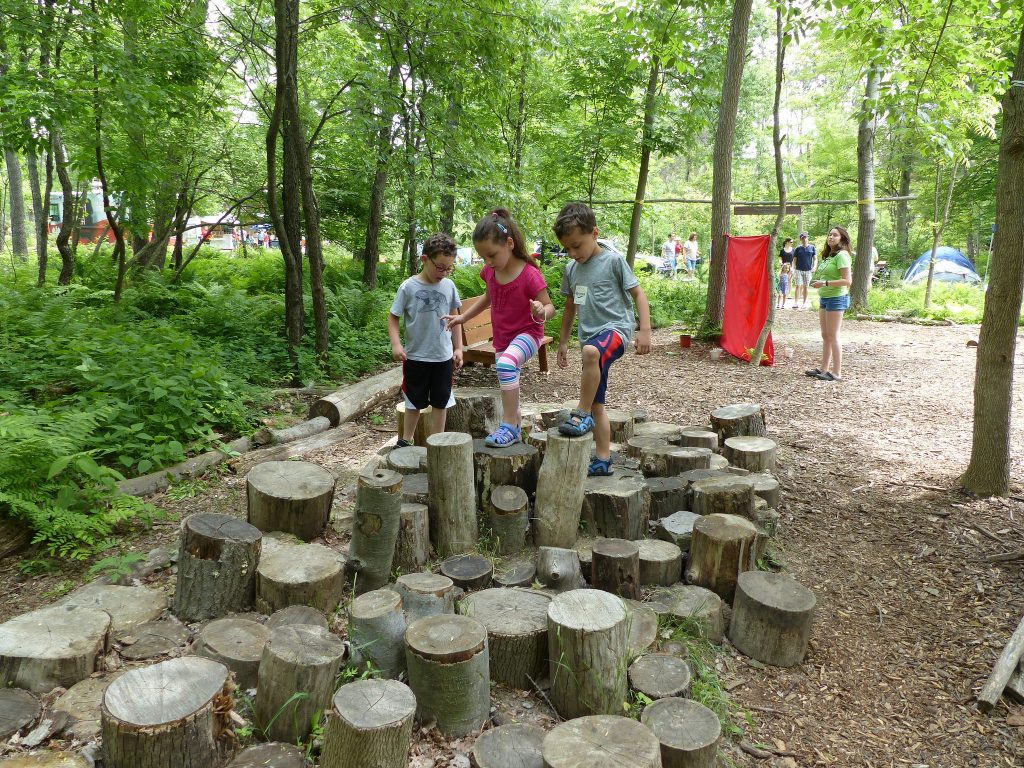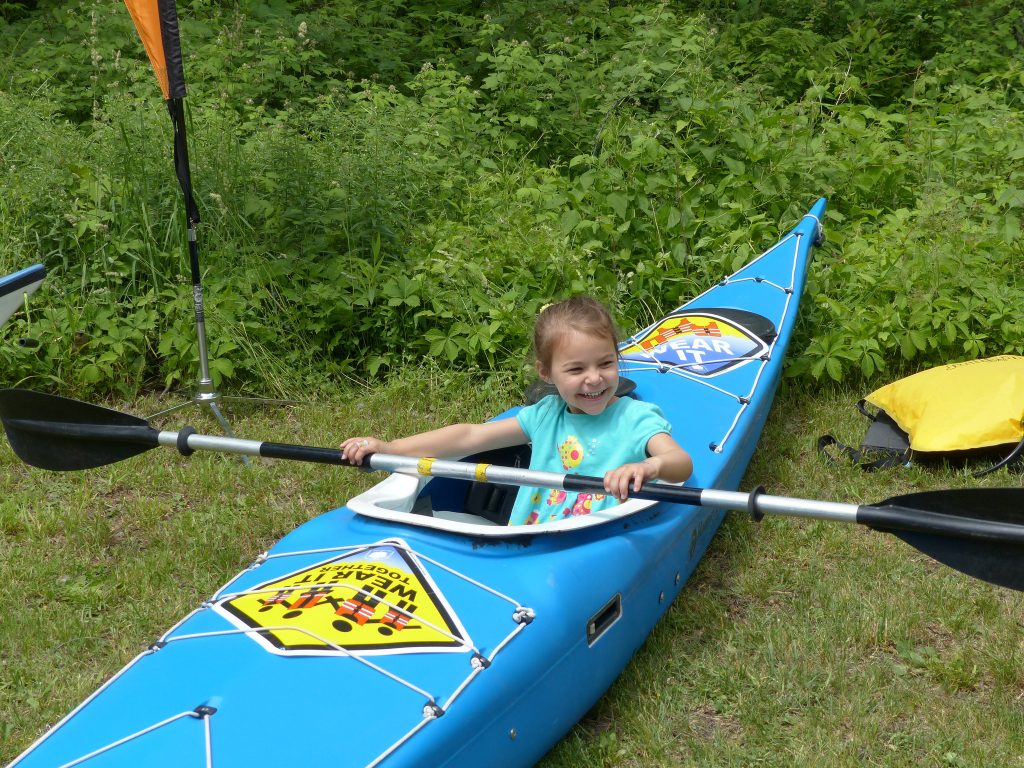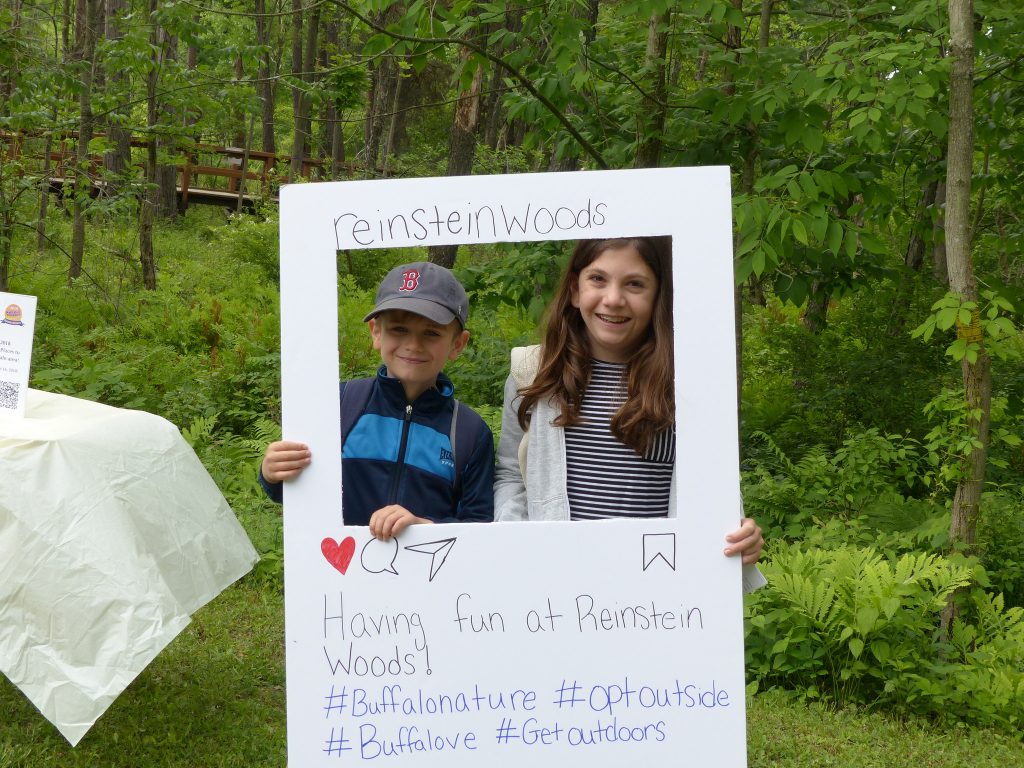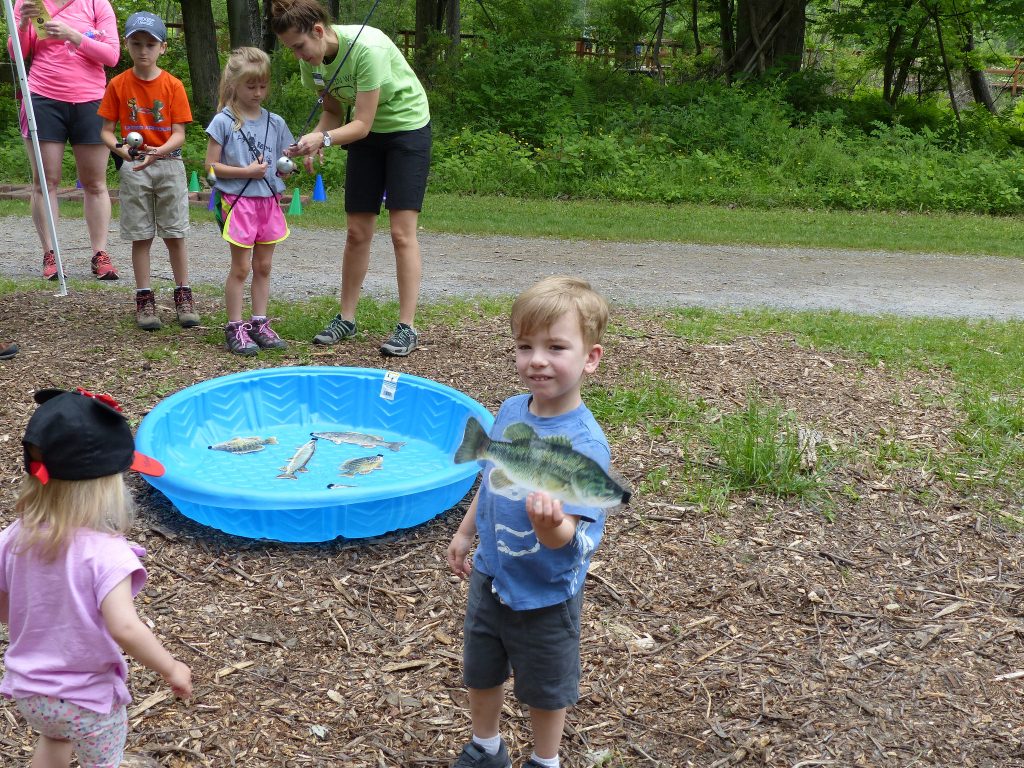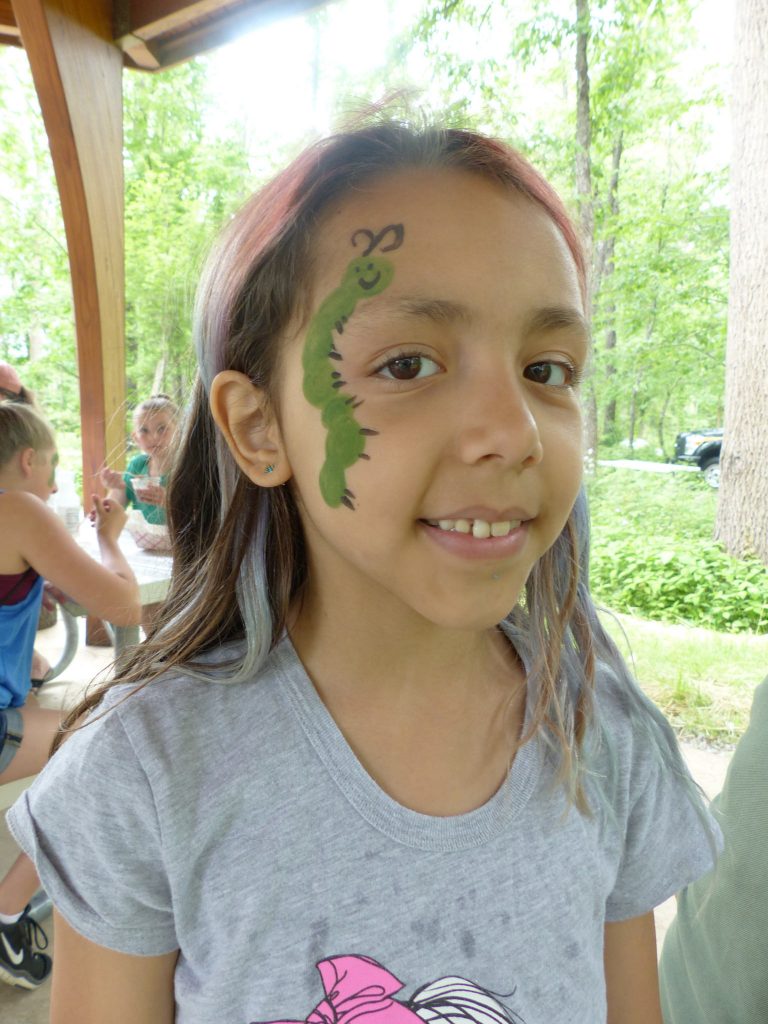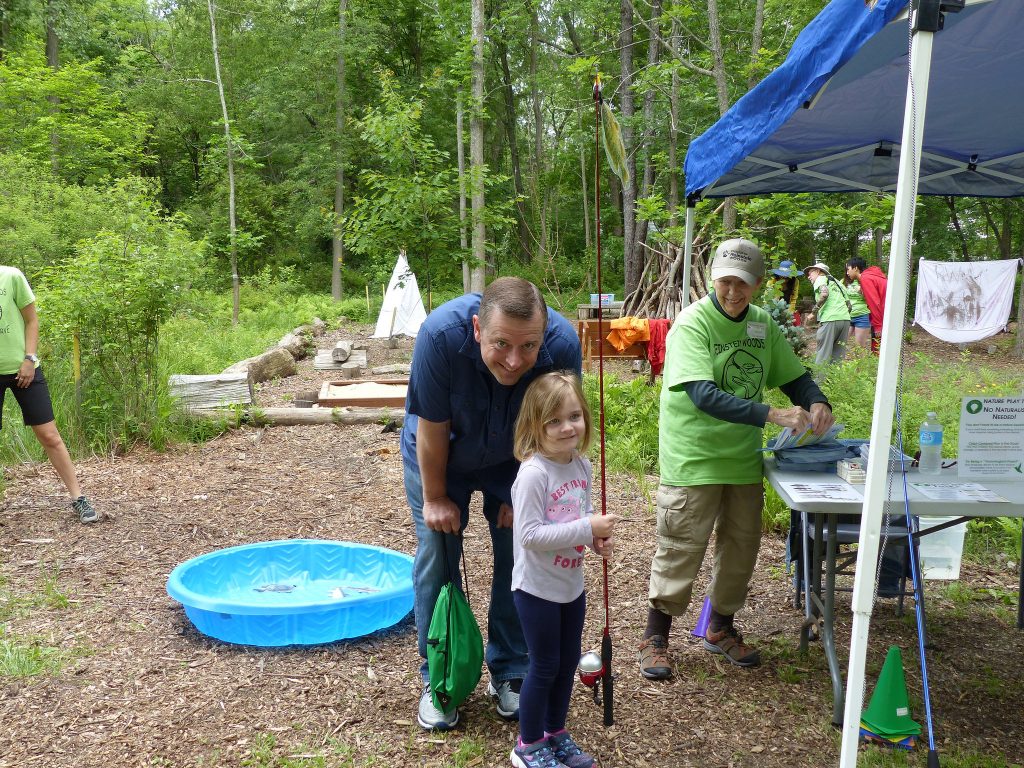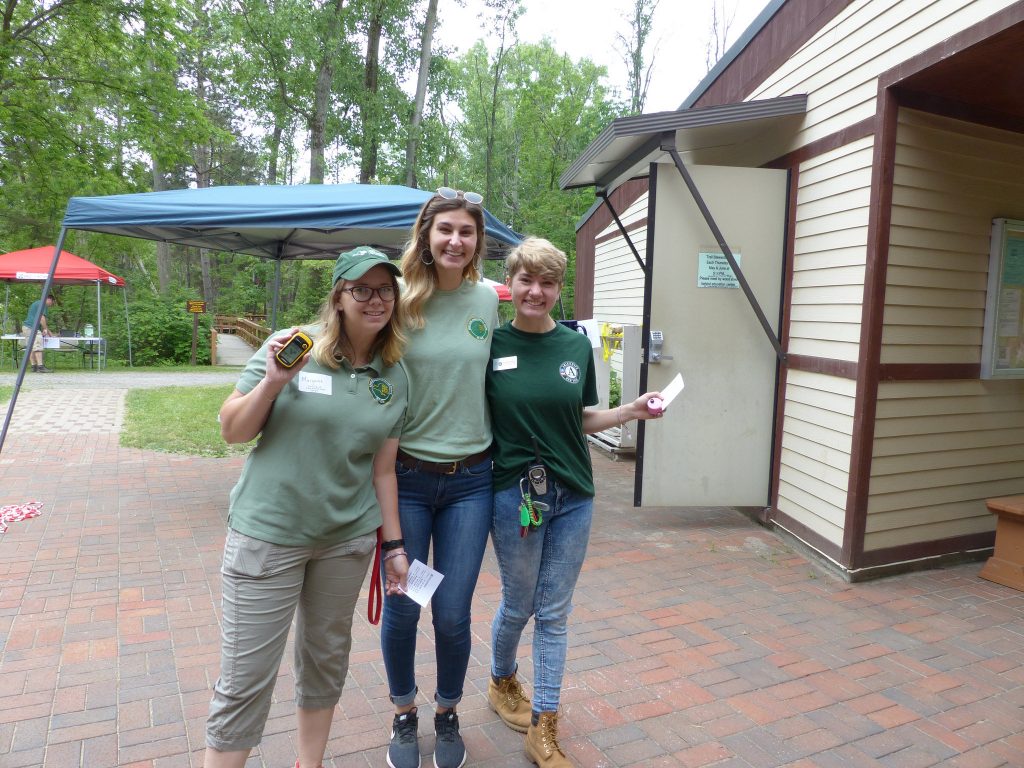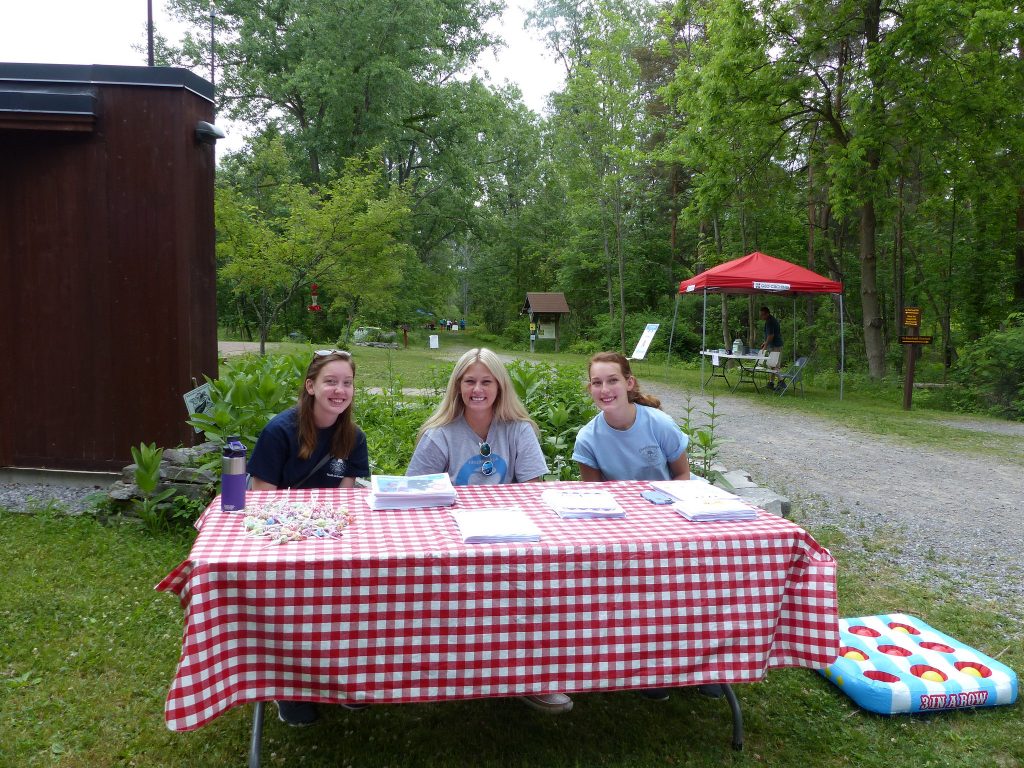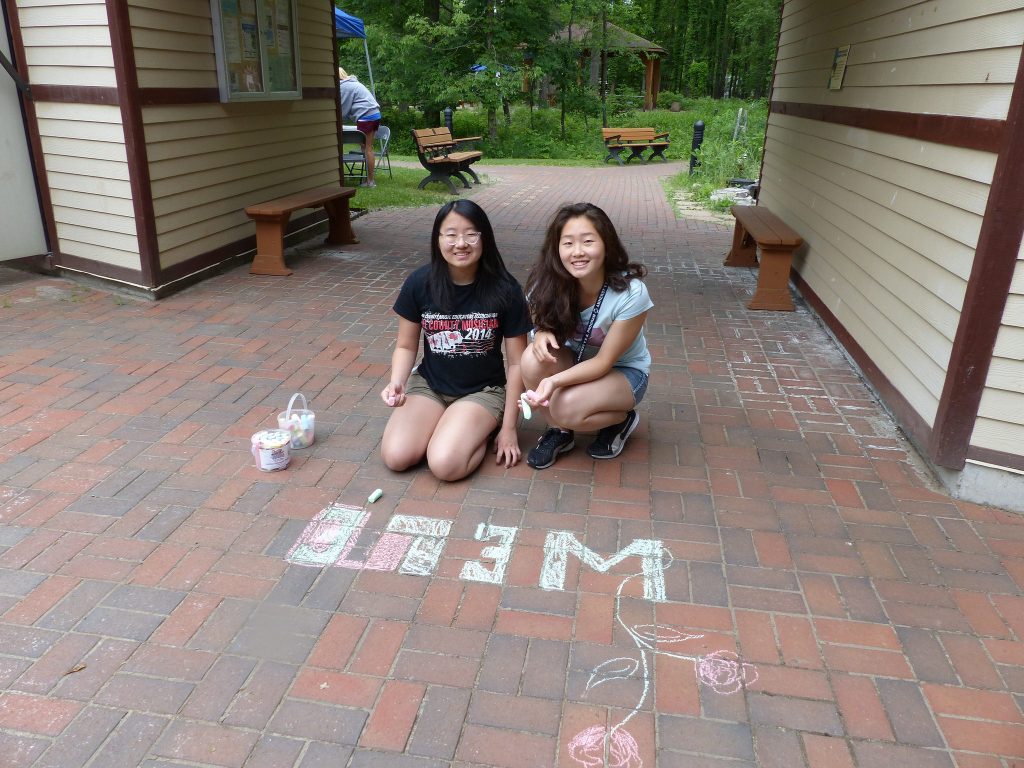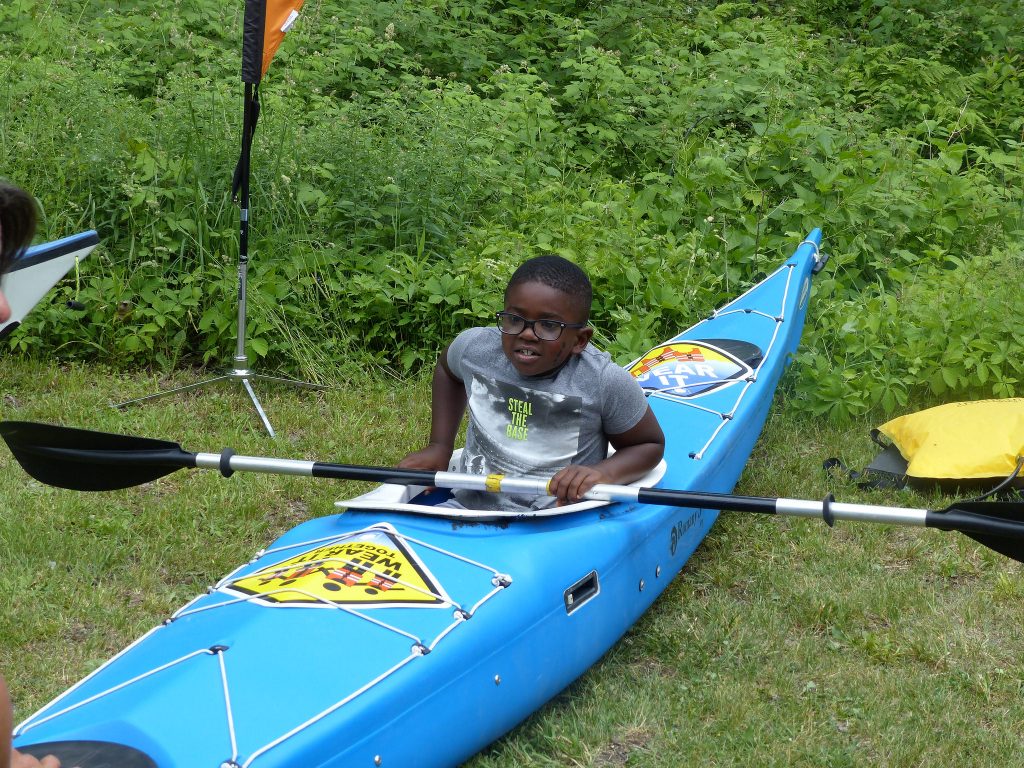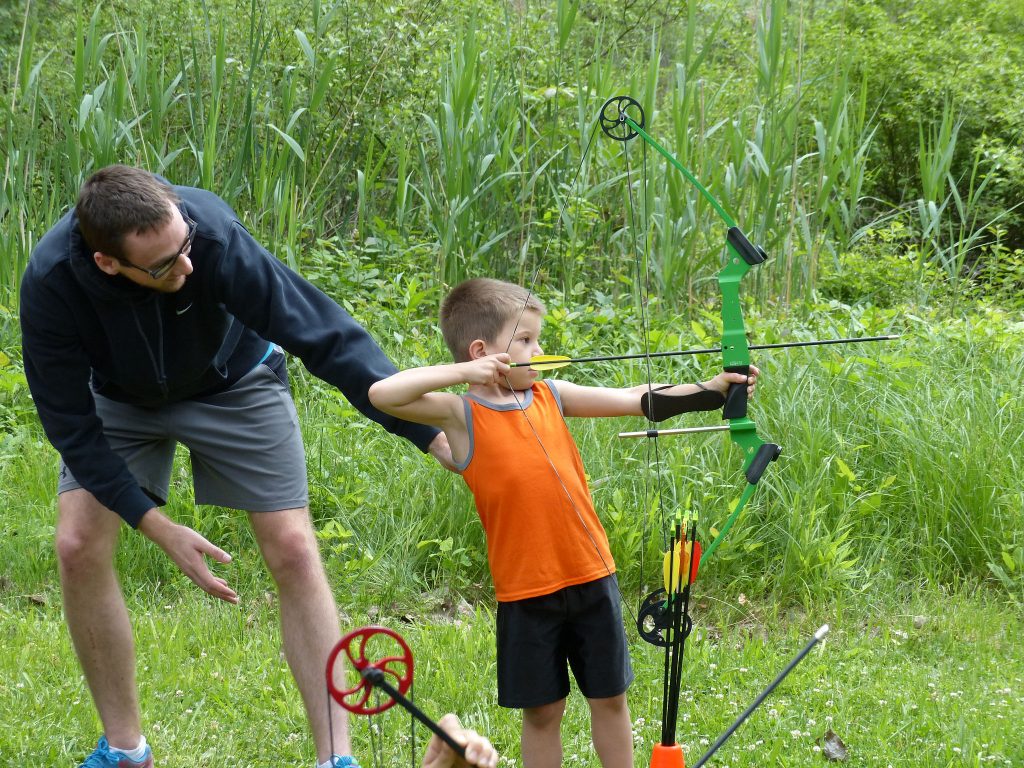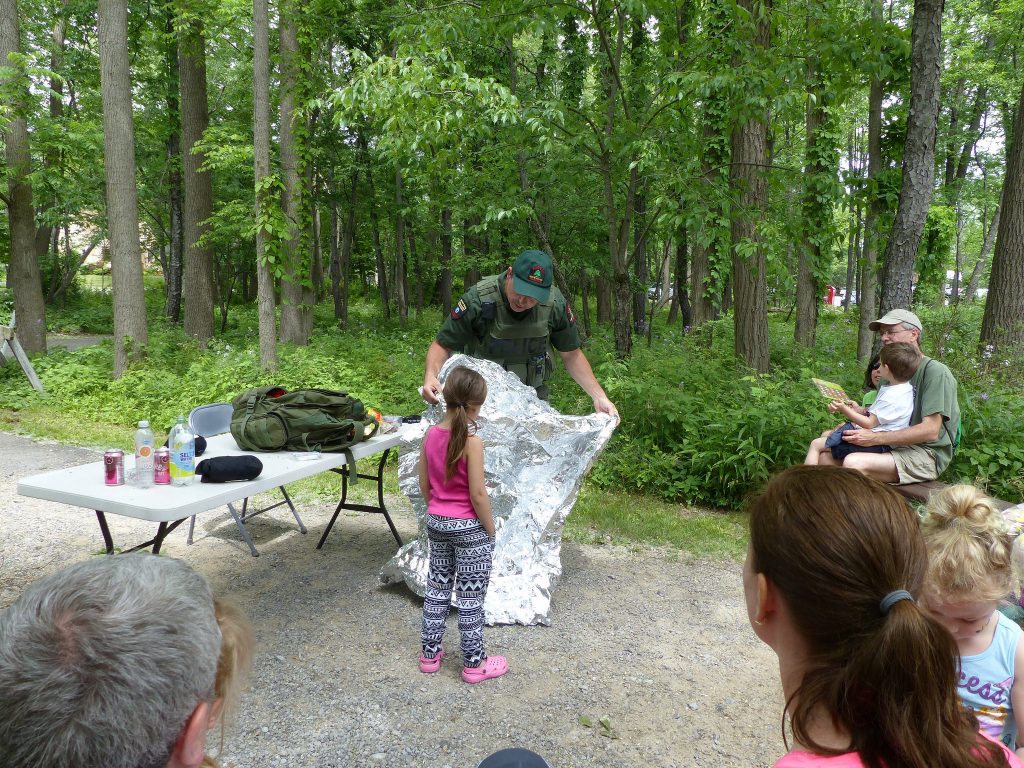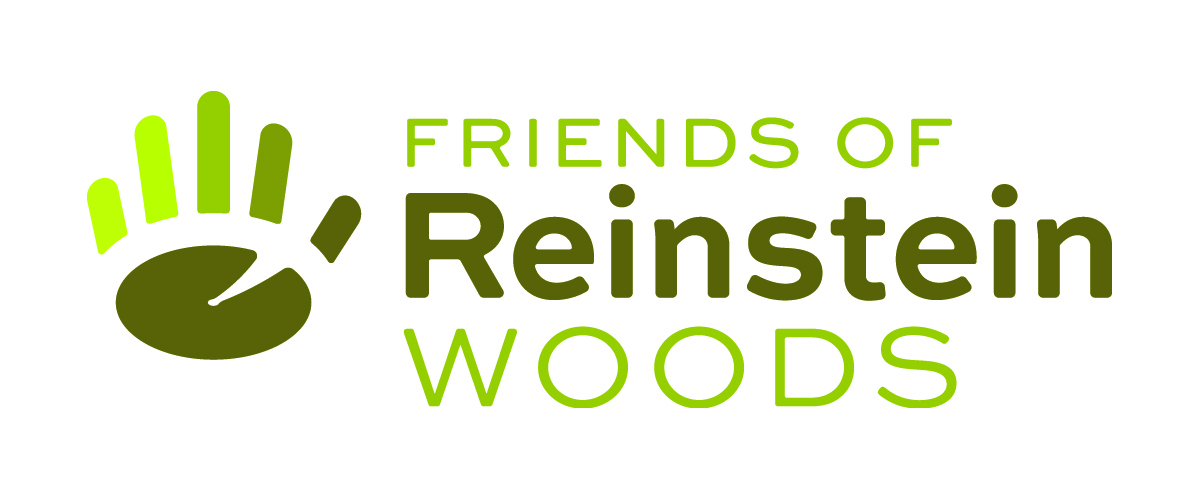Tag Archives: New York State Department of Environmental Conservation
Get Outdoors! Community Day
More than 500 visitors joined in the fun at Get Outdoors! Community Day, part of the statewide Outdoors Day events. Visitors enjoyed learning a variety of skills in outdoor activities such as geocaching, birding, archery, camping, kayaking, and more. DEC Forest Ranger Tim Kennedy gave a backpacking and fire safety demonstration at the event. The Polish Villa2 and Yogurt Shack food trucks were also a big hit! Special thanks go to the youth & recreation departments of the Towns of Cheektowaga and Amherst for supporting this event. Thank you to all that volunteered and participated at this year’s event.
Thinking of buying an electric car?
I recently bought a plug-in hybrid vehicle. Since then, I’ve had many people ask me about my car – both how it works, and what the buying process was like. I can sum it up like this: My car “works” like a regular car except that it runs off of electricity in addition to gasoline, and in the end, I paid less than I would have for a comparable gas-powered vehicle, both in terms of purchase price and long-term operating cost.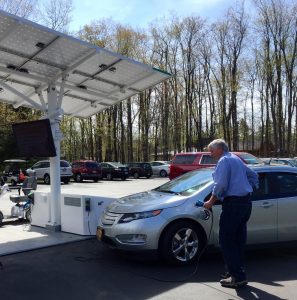
Thanks to incentives from New York and the federal government, hybrid and full-electric vehicles are now within reach for most people in the new car market. New York State’s Drive Clean Rebate offers up to $2,000 as a point-of-sale rebate, which means the money goes directly to the dealer and is therefore deducted from your purchase price. The federal government offers tax credits of up to $7,500. The farther a car can go on an electric charge, the higher the rebate and tax credits. And there is a range of cars that qualify, from hatchbacks to SUVs, economy cars to luxury vehicles.
If you are a National Grid customer, you can take advantage of a program that gives electric vehicle owners a lower rate on electricity if they charge their cars during off-peak hours (most electric vehicles can be programmed to charge at a certain time). They estimate this could save an average user $175 in a year!
While there are full-electric vehicles out there that can now go more than 200 miles without needing a charge, there are lots of hybrids like mine that give you the security of a gas-powered backup. And the number of charging stations across New York and the US is growing daily, with phone apps that make it easy to find them. (One thing that has surprised me is how many places offer FREE charging!)
Once you are behind the wheel of your new car, be sure to drive it to Reinstein Woods and take advantage of our solar-powered car charging station. It’s free electricity, powered by the sun! Happy driving.
– Meaghan Boice-Green, Center Director, NYSDEC Reinstein Woods
There’s An App For That: Litterati
Note: Our Spring “Nature Tech” series for kids was so popular that we’ve decided to occasionally post about a useful nature app for your smartphone or tablet.
As a public location, trash is something we are very aware of at Reinstein Woods. We are fortunate that despite lots of visitors, our trails remain relatively trash free. However, the same can’t be said of most public roads and especially the ocean.
Now there’s an app that lets citizens help scientists work toward a trash-free future: Litterati.
Available for Apple and Android devices, the app is simple: snap a photo of a piece of litter and tag it with keywords (e.g. #cigarette #Marlboro). The app adds a “geotag” with location information. According to litterati.org, “Geotags provide insight into problem areas, while keywords identify the most commonly found brands and products. This data will be used to work with companies and organizations to find more sustainable solutions.”
Best of all, you don’t have to use your phone’s data – you can wait to upload the photos to Litterati until you are in a place that has Wifi. Ideally, you will pick up the litter and either recycle it or place it in the trash. The app shows your “impact” by tracking how many pieces of litter you collect, and the website even has an interactive map showing where trash has been picked up across the globe.
There’s even a guide for teachers who want to use the app in their curriculum. So before you pick up that abandoned pop can on your next nature hike, snap a photo with the Litterati app. You could be helping to build a trash-free future!
Friends and DEC join Forces to Combat Invasive Common Reed
Thanks to a grant from the New York Power Authority, Friends of Reinstein Woods will be beginning a two-year effort to control common reed in some portions of Reinstein Woods. Common reed, also known by its Latin name Phragmites australis, is an aggressive species that is impacting cattail marshes in the southern half of Reinstein Woods.
A certified pesticide applicator will cut stems and directly apply chemicals to the plants in early fall, when the plants are moving sugars down into their roots. The treatment will be followed by mowing a few weeks later. Most of the work will happen in the sanctuary in the southern half of the preserve, away from the public trails. The treatment will be repeated next year, in the hopes that only spot treatments will be needed after that.
You may notice that common reed is common in other parts of Reinstein Woods as well. If the project is successful in protecting our cattail marshes, similar methods may be used to combat common reed in other parts of the preserve.
Kids Fishing Clinic, Fish Stocking a Highlight of Summer
In June, Reinstein Woods partnered with Lake Erie Chapter of the Federation of Fly Fishers (FFF) for its third annual youth fly fishing clinic. The weather cooperated very nicely for the group of 32 kids age 9 to 15 and their parents.
The young anglers visited several learning stations to explore different aspects of fly fishing through hands-on activities. At one station, kids used nets to scoop insects from a pond, and biologists from the US Fish and Wildlife Service helped to identify the insects collected.
At another station the young anglers created several of their own flies using colorful hackle feathers and chenille. Their goal was to tie something that would entice a fish to bite their feathered hook. A third station allowed kids to practice casting fly fishing rods at targets on the ground, before moving on to fly fish at Flattail Lake using the flies they had created.
All fish that were caught were released. Following the management plan of Reinstein Woods, fishing is only allowed at these educational fishing clinics.
At the end of the event, each child received a fly rod and reel as a gift from the FFF. The fly rods and training will hopefully provide the youngsters with many hours of outdoor enjoyment!
Earlier this spring the Federation of Fly Fishers purchased 200 fingerling largemouth bass from a local hatchery and stocked them at Flattail Lake after obtaining a permit from DEC. Flattail Lake lost its bass population when it was drained for dam maintenance years ago. The Federation of Fly Fishers is grateful for their partnership with Reinstein Woods, which furthers the educational mission of both organizations.
Polar bears, minivans and an elephant: Reinstein Woods helps Buffalo Students recycle!
“Our students have been so excited to see all of the materials that they are helping to recycle. Many teachers and parents have also commented on how great this was.” – Teacher at BPS 33
You may recall from the last newsletter that New York is making a push to keep clothing out of landfills by raising awareness about what to do with old clothing and textiles. To help promote this effort, Friends of Reinstein teamed with the City of Buffalo, DEC and the WNY Coalition for Donated goods to sponsor an “Earth Day Clothing Drive” in Buffalo Public Schools.
Students from eleven Buffalo public and charter schools collected clothing that was removed for recycling or reuse by the WNY Coalition for Donated Goods, a collaboration of nonprofit organizations whose goal is to promote both the community and the environment through the donation of clothing and other goods.
DEC Region 9 Director Abby Snyder and Deputy Mayor Dr. Ellen Grant congratulated students at a ceremony at School 45 (International School). Some of the schools competed to see which class in the school could collect the most clothing. The winning class received a pizza party from Hearts for the Homeless and the City of Buffalo, and the runner-up class received Smencils courtesy of Reinstein Woods. Olmsted School 64 had the highest collection total, saving more than 3,605 pounds of clothes, bedding, and related textile accessories from ending up in a landfill.
Overall, the eleven schools collected 11,244 pounds of clothing. How much is that? It’s equivalent to the weight of:
- 5 polar bears,
- 2.5 minivans, or
- 1 elephant!
Kudos also goes to Grand Island High School and Huth Road Elementary School in Grand Island, who organized an Earth Day clothing drive too and collected an additional 1,704 pounds of clothing that was given to the Coalition for recycling.

